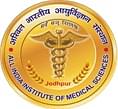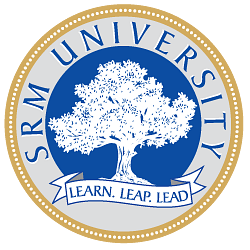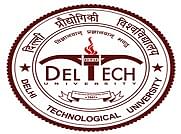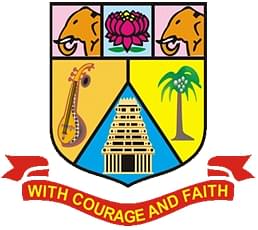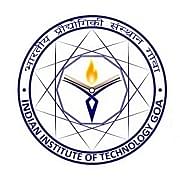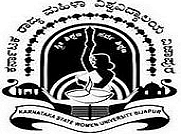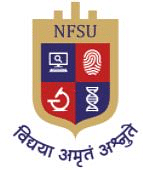Introduction to Ph.D. in Economics
A Ph.D. in Economics college is a rigorous academic program
designed for individuals passionate about economic theory, research
methodologies, and policy analysis. This blog provides a detailed exploration
of the course structure, syllabus breakdown, and admission requirements for aspiring
doctoral candidates in Economics.
Understanding Ph.D. Programs in Economics
Ph.D. programs in Economics are designed to equip students with advanced
knowledge and research skills in various domains of economic theory and
application. The programs typically emphasize both theoretical understanding
and empirical analysis, preparing graduates for careers in academia, research
institutions, government, and the private sector.
Types of Ph.D. Programs
General Economics: Provides a comprehensive foundation in economic
theory, econometrics, and applied economics.
Specialized Fields: Focuses on specific areas such as labor economics,
development economics, financial economics, environmental economics, etc.
Admission Eligibility Criteria
Eligibility for Ph.D in economic academic
Requirements
Educational Background: A bachelor's and often a master's degree in
Economics or a related field from an accredited institution.
Transcripts: Official transcripts demonstrating strong performance in
quantitative and analytical coursework.
Research Proposal
Purpose: A detailed research proposal outlining the research question,
objectives, methodology, and potential contribution to the field.
Significance: Demonstrates the scholarly merit and feasibility of the
proposed research.
Letters of Recommendation
Purpose: Typically requires three letters from academic referees
familiar with the applicant's academic abilities and potential for doctoral
study.
Standardized Tests
GRE: Many programs require GRE scores, especially in the quantitative
and analytical sections. Some may also require the GRE Economics Subject Test.
Interview
Purpose: Assess candidates' research interests, academic background, and
fit with the program.
Application Process
Admission process for Ph. D economics Timeline
Preparation: Begin researching programs and preparing application
materials well in advance.
Deadlines: Application deadlines vary but generally fall between
December and February for programs starting in the following fall.
Required Documents
Personal Statement: Discuss academic background, research interests,
career goals, and alignment with the program.
CV/Resume: Highlight academic achievements, research experience,
publications (if any), and relevant work experience.
Official Transcripts: Provide transcripts from all previous academic
institutions attended.
Letters of Recommendation: Typically three letters from academic
referees.
Detailed Syllabus
Overview
Core Courses
Microeconomic Theory:
Consumer theory
Producer theory
General equilibrium
Game theory
Macroeconomic Theory:
Economic growth
Business cycles
Monetary theory
Fiscal policy
Econometrics:
Statistical inference
Linear regression models
Time series analysis
Panel data methods
Research Methods:
Experimental methods
Survey methods
Qualitative research techniques
Ethical considerations in economic research
Field Courses (Examples)
Labor Economics:
Wage determination
Employment dynamics
Human capital theory
Development Economics:
Poverty and inequality
Economic growth in developing countries
International aid and development
Financial Economics:
Asset pricing models
Corporate finance
Financial markets and institutions
Elective Courses
Environmental Economics
Health Economics
International Economics
Public Economics
Behavioral Economics
Funding
Opportunities
Scholarships and Fellowships
University Funding: Merit-based scholarships for Ph.D eco covering tuition and
providing a stipend.
External Funding: Research grants, fellowships from government agencies,
foundations, and private organizations.
Career Prospects
Academic Careers
Professorship: Teaching and conducting research at universities and
colleges.
Research Positions: Working in research institutions, think tanks, and
government agencies.
Non-Academic Careers
Government Agencies: Economic analysis, policy advising.
Private Sector: Consulting, financial analysis, data analysis in
industries such as banking, finance, and international trade.
Choosing the Right
Program
Considerations
Research Focus: Alignment with personal research interests and career
goals.
Faculty Expertise: Investigate faculty members' research interests and
publications.
Program Reputation: Consider the program's reputation, ranking, and
alumni network.
Conclusion
Pursuing a Ph.D. in Economics offers a pathway to becoming a
leading expert in economic theory, policy analysis, and research methodology.
By understanding the admission process, preparing diligently, and choosing the
right program, prospective students can embark on a rewarding academic and
professional journey.
For more specific details, visit the websites of universities offering
Ph.D. programs in Economics or consult with academic advisors to tailor your
application strategy to your academic background and career aspirations.






